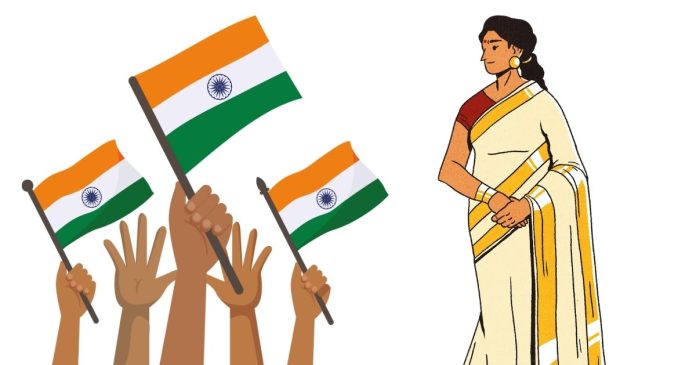India is a name that resonates globally, representing one of the oldest civilizations and the largest democracy in the world. While many recognize India for its rich cultural heritage, history, and diversity, some people are curious to know if the word “INDIA” is an acronym with a full form. Is it merely a name, or does it have a deeper meaning? Let’s dive into this question and understand the origins and connotations of INDIA.
The Name “India”
The name India does not officially have a full form as it is not an acronym. The name is derived from the word Indus, which is a river in South Asia. The ancient Greeks referred to the land beyond the Indus River as Indos, which eventually became “India.”
The Indus River was central to the Indus Valley Civilization, one of the world’s earliest known civilizations. Over time, the name evolved to represent the entire subcontinent.
Does INDIA Have a Full Form?
While “India” is not an acronym, creative minds have coined several imaginative and inspiring full forms to describe the country’s essence. These full forms are unofficial but reflect India’s spirit and significance. Some of these are:
- Independent Nation Declared In August
- Refers to India gaining independence from British rule on 15th August 1947.
- Incredible Nation Diverse In All aspects
- Highlights India’s incredible diversity in culture, languages, traditions, and geography.
- Integrated Nation Developing In All spheres
- Focuses on India’s progress in various fields, from technology to education.
These full forms are imaginative ways of capturing India’s essence but should not be mistaken as the official meaning.
What Is India?
India is more than a name; it represents a nation with a rich history, vibrant culture, and promising future. Here’s a closer look at what makes India unique:
1. Geographical Significance
India is the seventh-largest country in the world by area, covering 3.287 million square kilometers. It is located in South Asia, bordered by Pakistan, China, Nepal, Bhutan, Bangladesh, and Myanmar. The country is surrounded by water on three sides: the Arabian Sea to the west, the Bay of Bengal to the east, and the Indian Ocean to the south.
2. Historical Importance
India has a history that dates back thousands of years. It was home to the Indus Valley Civilization, one of the earliest urban civilizations. Over centuries, it has been influenced by various rulers, including the Mauryas, Guptas, Mughals, and British, each contributing to its rich cultural and historical tapestry.
3. Cultural Diversity
India is renowned for its cultural diversity. It is home to 22 officially recognized languages and more than 2,000 dialects. Religions like Hinduism, Buddhism, Jainism, and Sikhism originated in India, while it also embraces Islam, Christianity, Judaism, and Zoroastrianism.
4. Economic Potential
India has emerged as a global economic powerhouse. With a population of over 1.4 billion, it has a vast workforce and growing industries in technology, manufacturing, and agriculture. The country is often referred to as an IT hub, thanks to its significant contributions to the global tech sector.
5. Political Structure
India is the world’s largest democracy, governed by a federal parliamentary system. Its Constitution, adopted in 1950, guarantees fundamental rights to its citizens and promotes equality and justice.
India’s Global Identity
India’s identity goes beyond its borders. It is recognized worldwide for:
- Spiritual Heritage: India is a center for spiritual learning, attracting millions seeking enlightenment and peace.
- Cuisine: Indian food, with its bold flavors and spices, is loved globally.
- Bollywood: India’s film industry is one of the largest in the world, producing movies that entertain and inspire audiences across continents.
- Contributions to Science and Technology: From ancient mathematicians like Aryabhata to modern-day achievements in space exploration, India has made significant contributions.
Why Is India Called Bharat?
In addition to “India,” the country is also referred to as Bharat and Hindustan:
- Bharat: The name is derived from ancient Indian texts like the Mahabharata and refers to the legendary King Bharat, who is believed to have ruled the land.
- Hindustan: A Persian-origin name historically used to describe the region inhabited by people practicing Hinduism.
Conclusion
India, a name derived from the Indus River, represents a nation of immense diversity, history, and potential. While it does not officially have a full form, imaginative expansions like “Independent Nation Declared In August” reflect its spirit and independence.
India is more than a word or a place—it is an idea, a civilization, and a global contributor. Whether you call it India, Bharat, or Hindustan, it remains a land of unity in diversity, offering something unique to everyone who encounters it.


